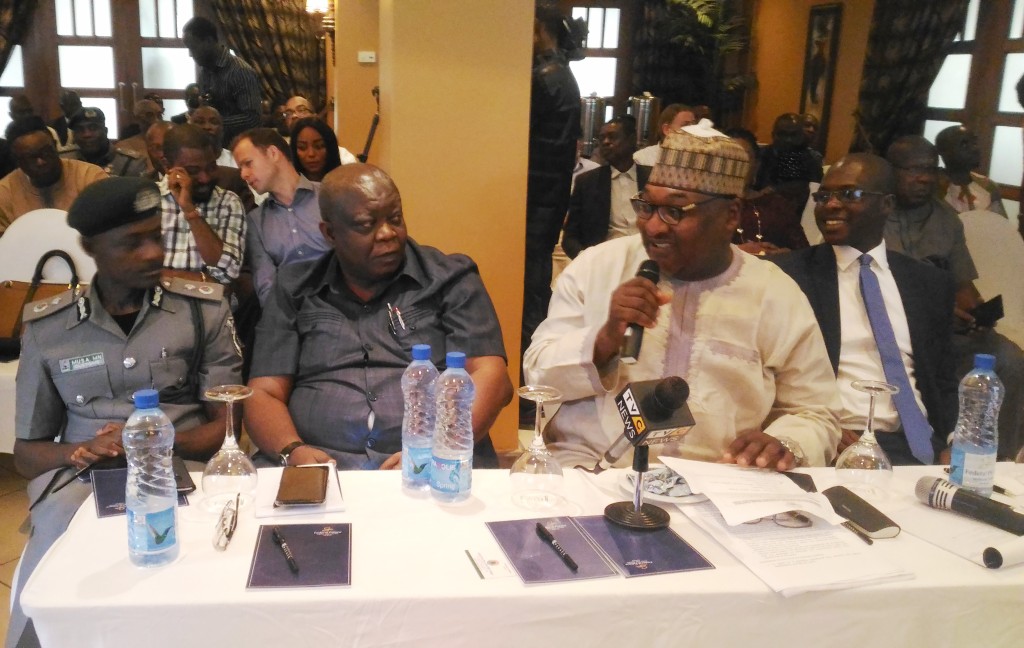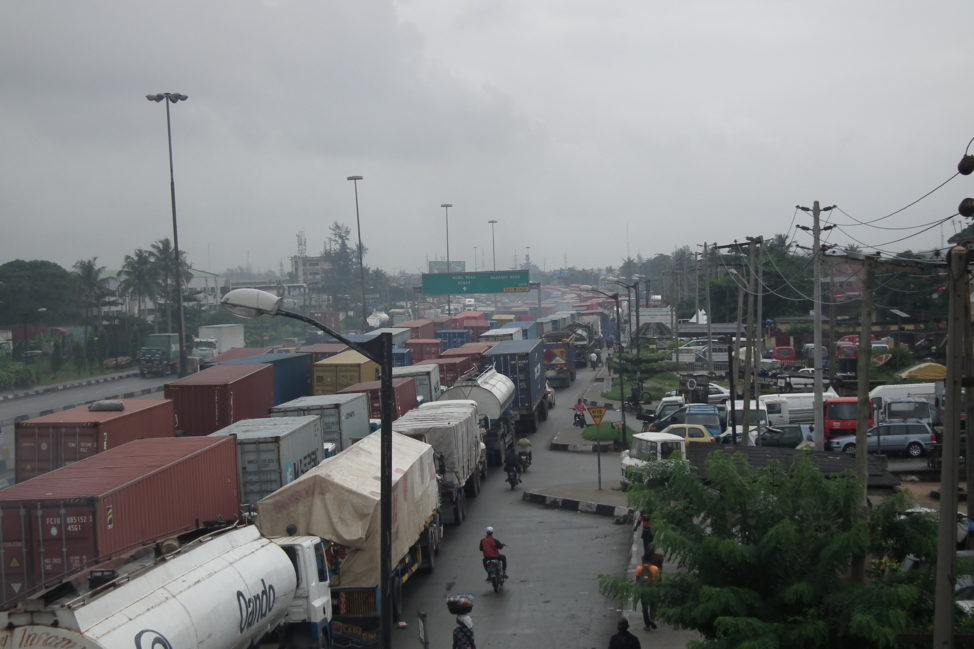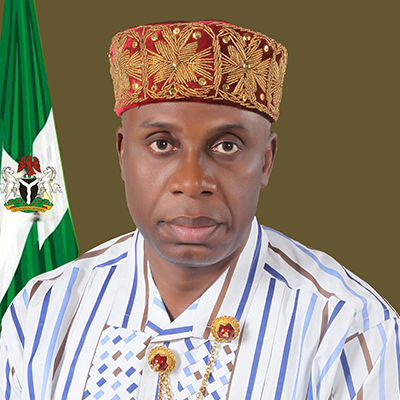Director General, Lagos Chamber of Commerce and Industry (LCCI), Mr Muda Yusuf has called for end to the delay in reviewing the prevailing 2013 National Automotive Policy, noting that it has failed to achieve any of the targets set for it to accomplish more than five years on.
In an interview, Yusuf decried that apart from failing to attract any foreign investor in the nation’s auto industry, it has made the prices of vehicles prohibitive.
He made it clear that in view of the failures so observed, “A review of the Automotive Policy, which was decreed by the Jonathan administration in 2013, is long overdue.
“Six years after, the policy has not only failed to achieve the desired outcomes, it has adversely impacted the cost of doing business, the welfare of the people, government revenue and the capacity of the economy to create jobs. It has caused massive trade diversion to neighbouring countries.
“High compliance cost has put enormous pressure on firms moving them into uncompetitive positions in the face of weak institutional capacity to enforce the extant tariff regime.”
Yusuf further added that the policy had a negative impact with far-reaching consequences which had made activities in the sector to remain in comatose all the while, revealing further that “The automobile sector was hit by the double shock of currency depreciation [of over 80 per cent] over the last six years and an import duty hike to 70 per cent on new cars and 35 per cent on used vehicles and commercial vehicles.”
LCCI also argued that even though the auto policy was an import substitution industrialisation strategy to reduce importation of vehicles and incentivise domestic vehicle assembly, import substitution strategy would only thrive in the context of high domestic value addition where infrastructures are salutary to production.
Continuing, Yusuf averred that “The automotive policy, in its current form, is not in consonance with the Nigeria Industrial Revolution Plan which is the main industrial policy document of the current administration.
“The NIRP espouses the strategy of resource-based industrialisation. Six years into the implementation of the auto policy, not much progress has been made, even though over 50 Vehicle Assembly plants licenses have been issued. The total annual assembly of new cars in 2017 and 2018 was estimated at less than 10,000 units.”
“Now, the high cost of vehicles had taken a severe toll on the economy, from a logistics cost and welfare point of view as over 90 per cent of the country’s freight and human movements are done by road, which implies heavy dependence on cars, commercial buses and trucks.
On the way forward ahead of the review of the policy, LCCI boss called for immediate reduction of import duty from 70 per cent to 35 per cent, while 35 per cent should be reduced to 25 per cent.
He argued that the move will among other things, reduce revenue losses in smuggling and associated frustrations of allied businesses.








